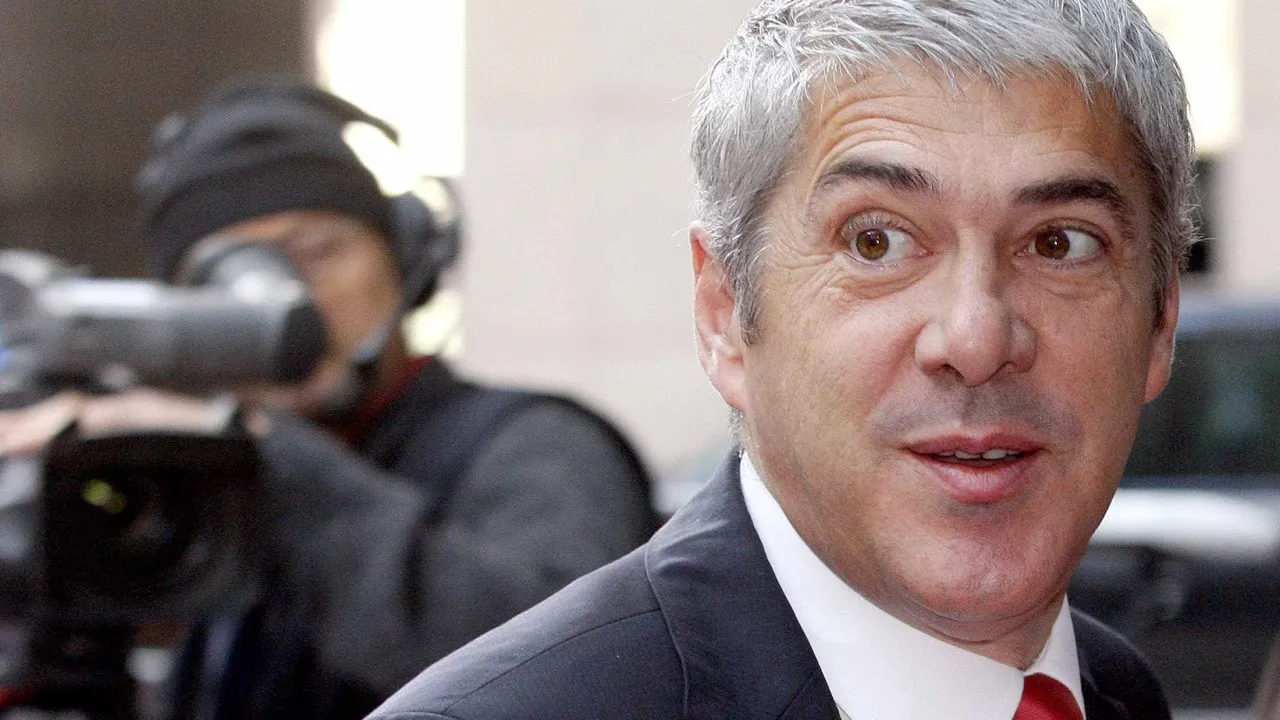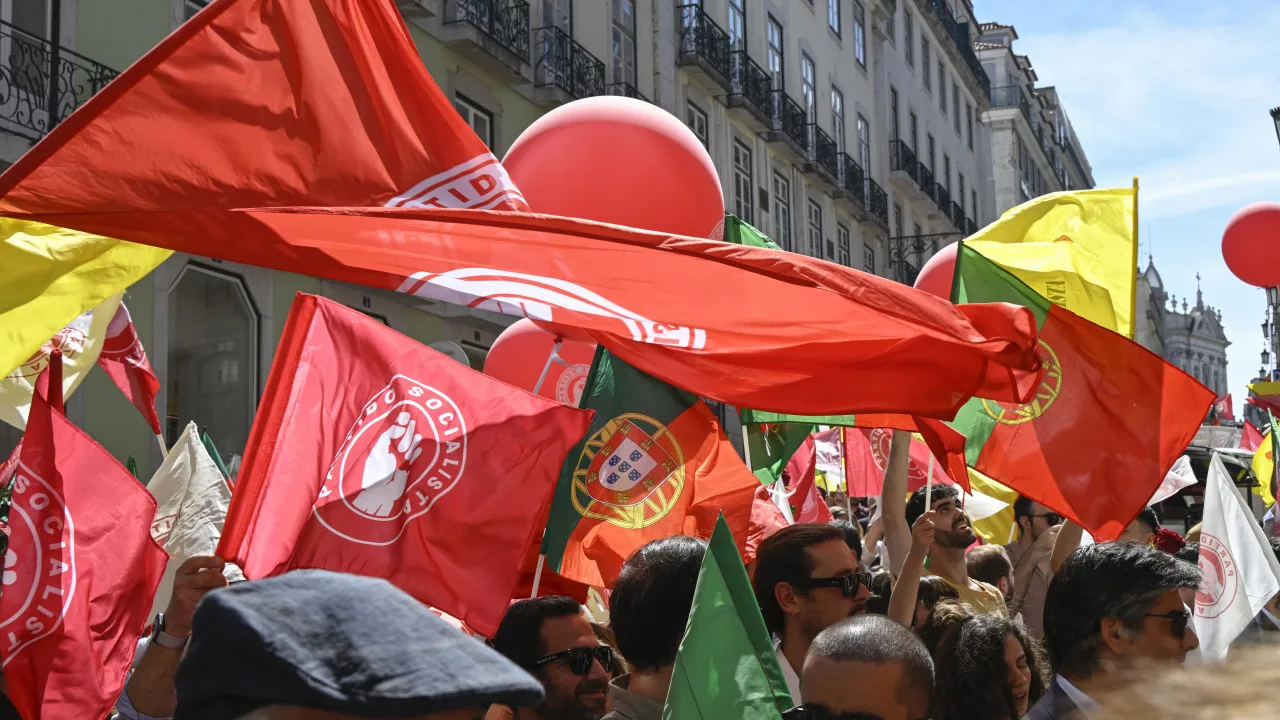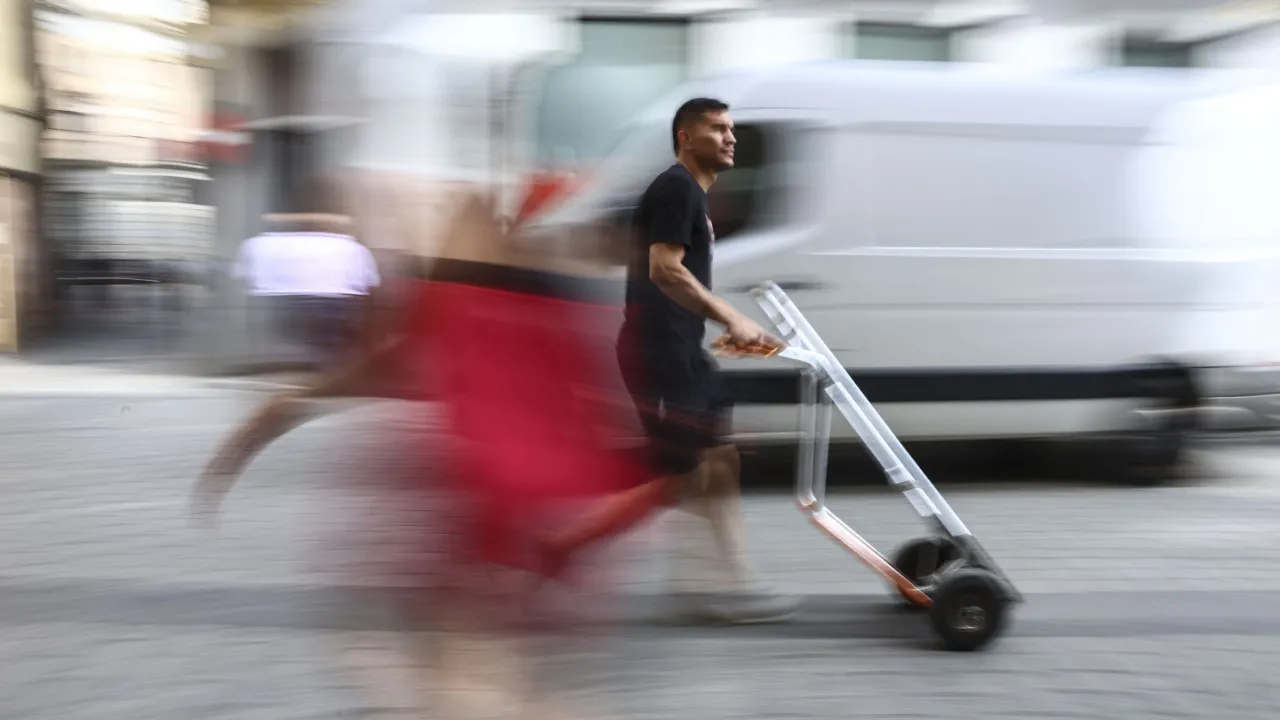
José Sócrates has arrived at the Justice Campus in Lisbon, where he will begin his trial on Thursday, July 3. He was met by dozens of journalists.
The former prime minister initially stated he would not speak but ultimately made several statements and even accusations.
“Four years ago, I left this court acquitted of all charges brought against me by the Public Ministry (MP). Four years later, they force me to return to court to answer the exact same charges from four years ago,” he began, reiterating criticisms he had previously made against the prosecutors.
“Essentially, what the judicial system is doing is this: Four years ago the instructional decision was invalid. And why was it invalid? It was because of a writing error, based on the idea that seven prosecutors who signed the indictment got it wrong. They all made a mistake at the same time, and they made it on the noblest and most important part of the accusation concerning the legal qualification of the conduct,” he mocked.
Trial 11 Years After Arrest
Eleven years after José Sócrates was detained at Lisbon airport, his trial in Operation Marquês begins this Thursday. The trial involves the former prime minister and over 20 defendants, with more than 650 witnesses.
The first session is scheduled for 9:30 a.m. at the Central Criminal Court of Lisbon, at the Justice Campus, where the panel of judges, presided over by Susana Seca, will try the ex-prime minister and the other defendants, including individuals and companies, for 117 crimes.
The main defendant, José Sócrates, initially accused of 31 crimes, will face 22 charges, including three of passive corruption by a public official, 13 of money laundering, and six of qualified tax fraud.
The former prime minister’s friend and businessman, Carlos Santos Silva, faces the most charges according to the Public Ministry’s indictment, answering for 23 crimes, down from 33 initially, including one of passive corruption by a public official, one of active corruption, 14 of money laundering, and seven of qualified tax fraud.
Among the defendants is also the former banker of the defunct Banco Espírito Santo, Ricardo Salgado, who faces three charges of active corruption, including one involving a public official, and eight charges of money laundering.
Another defendant already convicted in cases derived from the main process is Armando Vara, former minister under António Guterres and former administrator of Caixa Geral de Depósitos, who in the main process will answer for one charge of passive corruption by a public official and one of money laundering.
From Airport Arrest to Nine Months in Évora Jail
On November 21, 2014, José Sócrates was detained at Lisbon airport returning from Paris. The unprecedented event in Portugal was based on suspicions of corruption, tax fraud, and money laundering, confirmed by the Attorney General’s Office (PGR) the same day in a statement announcing the Operation Marquês investigation, led by the Central Department of Investigation and Penal Action (DCIAP), then directed by current Attorney General Amadeu Guerra.
After two days of interrogation by then-instruction judge Carlos Alexandre, José Sócrates was placed in preventive detention, which he served in Évora jail for nine months, followed by one month of house arrest.
Judge Dismisses Most of MP’s Charges
Years passed from the public announcement of the investigation to the indictment by the Public Ministry: it was not until October 11, 2017, that the indictment was known, following successive delays, accusing 28 defendants of 189 crimes.
The reading of the instructional decision in April 2021 became one of the most significant moments in the process, with Judge Ivo Rosa dismissing nearly all of the MP’s charges, especially the most serious ones, such as corruption.
The reading of the instructional decision, which in a rare move in Portuguese justice had a televised broadcast, albeit only images, left prosecutor Rosário Teixeira, who led the investigation, with his head in his hands in front of the nation.
Appeal Court Reinstates Mostly MP’s Indictment
A ruling by the Lisbon Court of Appeal in January 2024 mostly reinstated the original indictment by the Public Ministry, following a decade-long investigation and instruction, as well as successive appeals by the former prime minister, which now begins trial.
The question now is if this mega-process will become even larger. It is up to Judge Susana Seca to decide whether to merge the smaller process, resulting from Judge Ivo Rosa’s instructional decision last month, bringing Sócrates and Santos Silva to trial for money laundering charges which could be judged together with those in the main process.




